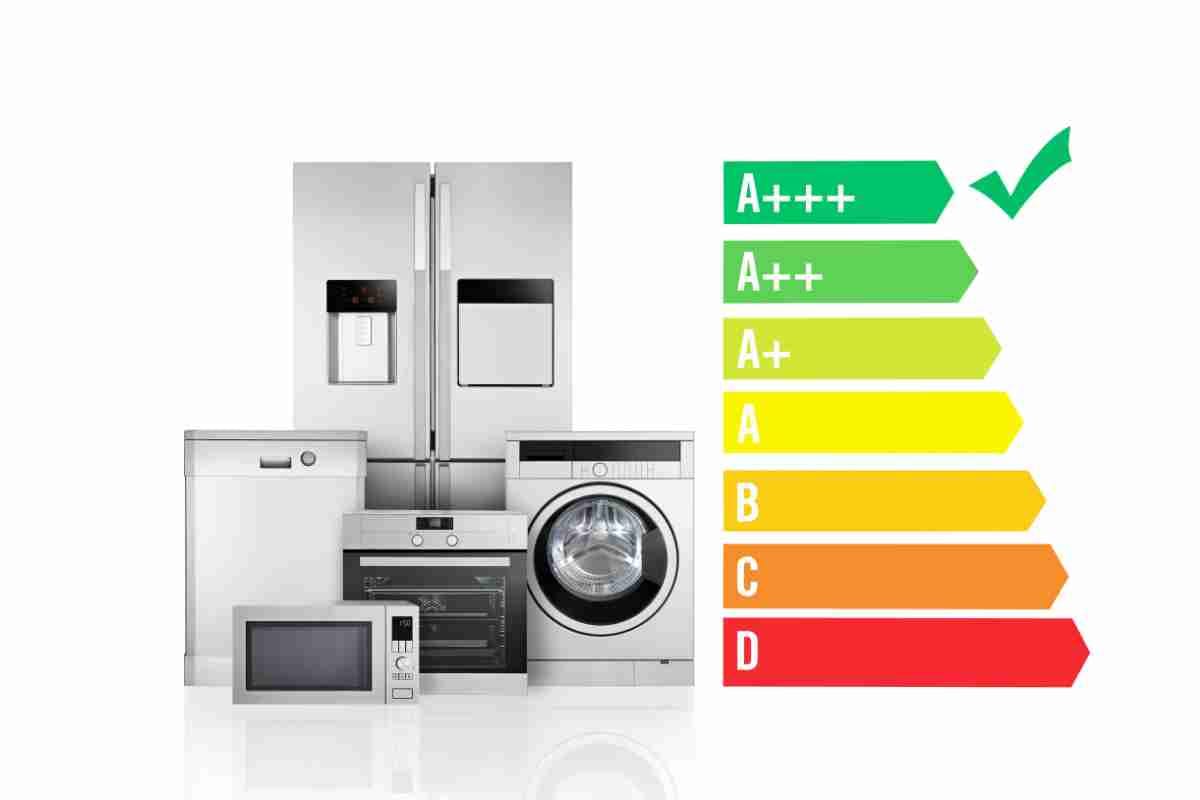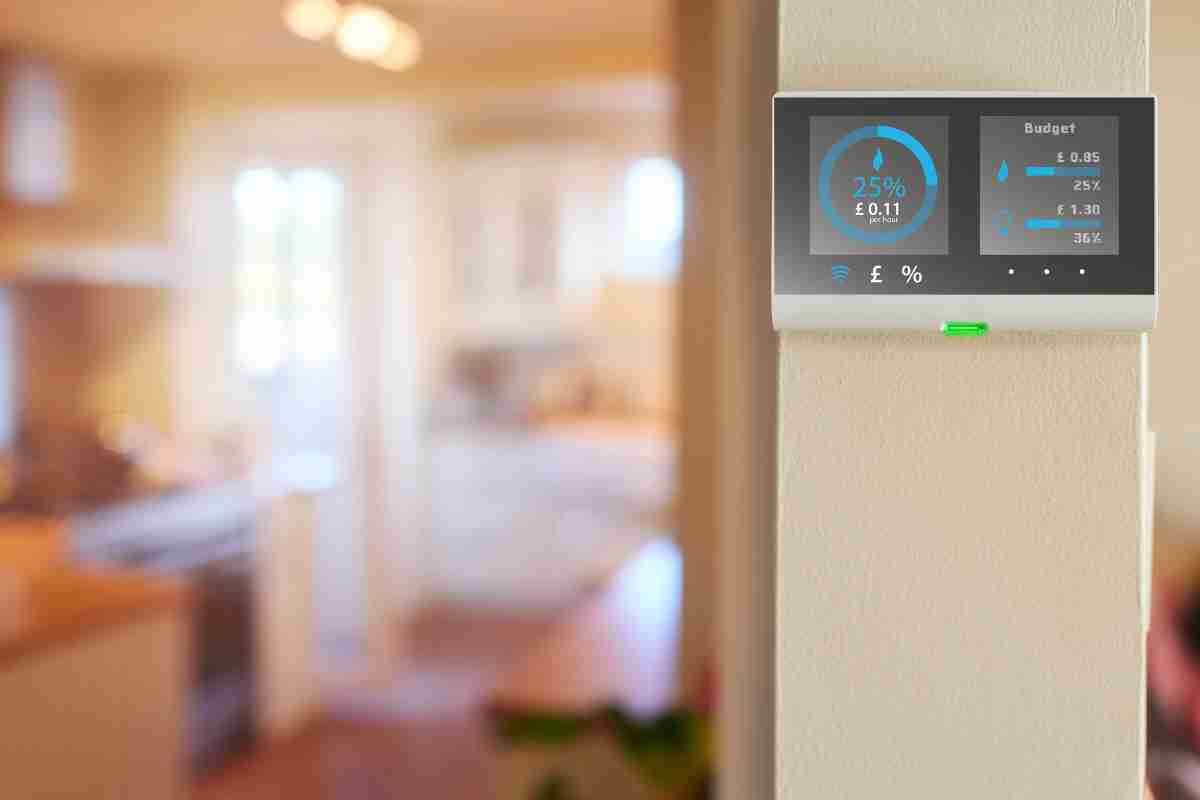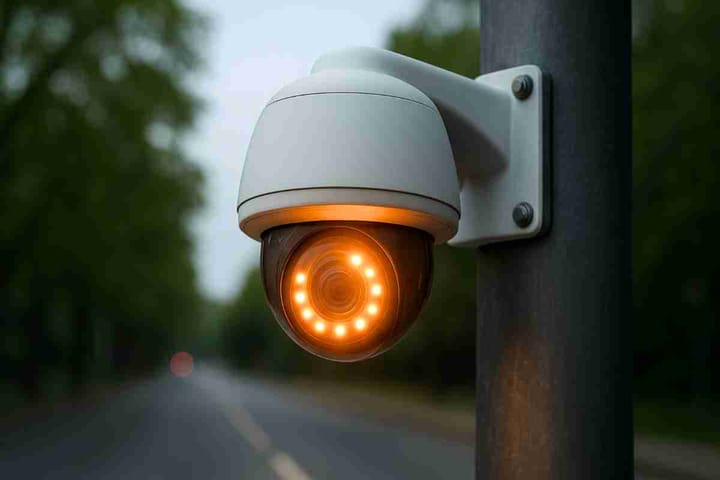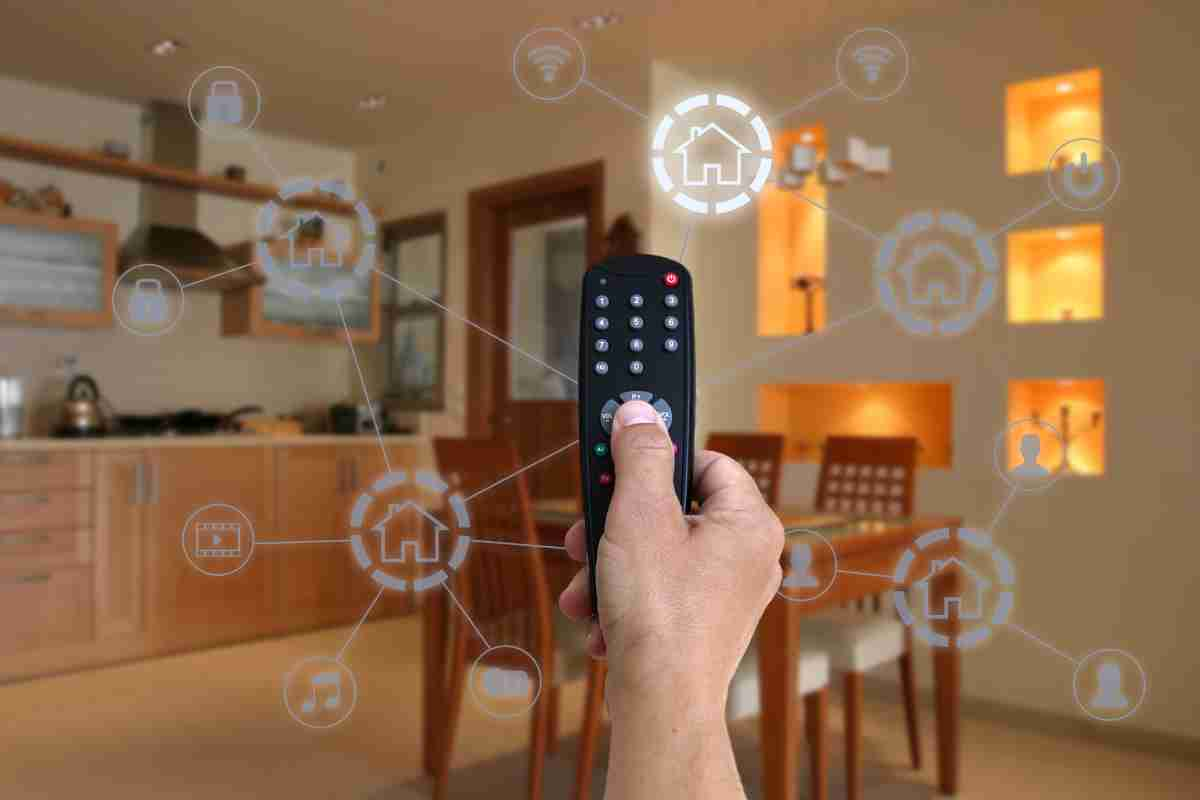Choosing Energy-efficient Appliances: A Short Guide For Homeowners
Remodeling your home? Choose energy-efficient appliances for style, savings, and sustainability. Learn how to pick the perfect eco-friendly appliances.

Are you shopping for new appliances to enhance your home’s aesthetics after a remodel? It makes sense that you purchase energy-efficient home equipment. Appliances that are energy-efficient help you achieve the goal of any remodeling project. They’ll transform your home into a safe, cozy, energy-efficient haven. According to the International Energy Agency, global evidence in 2021 showed that appliance efficiency policies helped reduce the energy consumption of major appliances by half. Plus, appliances that consume less electricity or gas help lower carbon emissions that cause global warming. But where do you start when shopping for energy-efficient ovens, cookers, refrigerator, dishwashers, or washing machines?
Before making any purchases, consider scheduling a home energy audit. A home energy audit helps identify areas where your home may be losing energy and provides recommendations for improvements. It ensures an overall energy-efficient home environment complements your investment in energy-efficient appliances.
In this short guide, we’ll discuss key tips for choosing energy-efficient modern appliances for every home. We’ll explore labels and advanced features to consider and why size matters.
Choose Energy Star Labeled Appliances
Having your preferences, such as your dream appliance brand and budget on paper, is crucial to make the best choice. But, there’s something else you must consider when buying energy-efficient home devices or gadgets. That’s the Energy Star® label. When you see appliances with this label, it means they consume less energy while maintaining high performance levels.
The Energy Star label also has star ratings that tell how energy-efficient a product is. Most products have star ratings between one and six. And the more stars a product has on the Energy Star logo, the more energy-efficient it is and the more money you’ll save on monthly utility bills. So opt for appliances with many stars.
Look For Energy-Saving Features
Although the Energy Star label would guarantee the product's energy efficiency, look further into advanced efficiency features. If you are going out to buy a washing machine, then a front-loading design should be more favorable since it uses less water and energy compared to those with the top-loading design. In a dishwasher, check if it comes with a soil sensor system. The sensor detects dirty dishes and adjusts the wash cycle for that matter to reduce the supply of water and energy.

For the air conditioning and heat pumps, ensure the variable speed compressors are available. Such adjust their relay to meet your demand for heating and cooling, thereby reducing the quantity of energy used. Other advanced features to look out for in all of your appliances that can help in maximizing energy efficiency include LED lighting, thermostats, and inverter technologies.
Have A Budget
While you prepare your appliances budget, you will find the buying price to be high. However, in the long run, you will spend less on lower energy bills. To assess how much you will pay on appliances, do not consider the upfront cost. Add running costs—electricity or gas bills—and fees for maintenance.
When you own appliances, scheduling regular appliance maintenance is something you can’t overlook. Being proactive in maintenance boosts the appliance’s longevity and energy efficiency, which saves money on repairs and replacements. You could also save on home appliances by taking advantage of government-backed tax incentives or rebates on energy-efficient models.
Size Matters
Did you know that the larger an appliance is, the more energy it uses? Or if an appliance is too small, it becomes inefficient and consumes more energy? Probably not. With this in mind, purchasing a medium-sized washing machine is better. A larger one will waste electricity and water because you'll be using it without being full most of the time. Likewise, choose a refrigerator that matches your storage needs to ensure it’s never empty, thus saving energy. For air conditioners, too small isn’t advisable since they’ll be working for longer and harder to cool or heat your home.
Selecting energy-efficient appliances for your home can be daunting. But it’s easier when you’re informed on what to look for while in the stores. First, check for Energy Star® labels that determine the appliance’s level of efficiency. Then, evaluate appliances for advance energy-saving features and the lifetime cost. Don't forget to research the appliance size that matches your household needs to reduce electricity and water consumption.




Comments ()